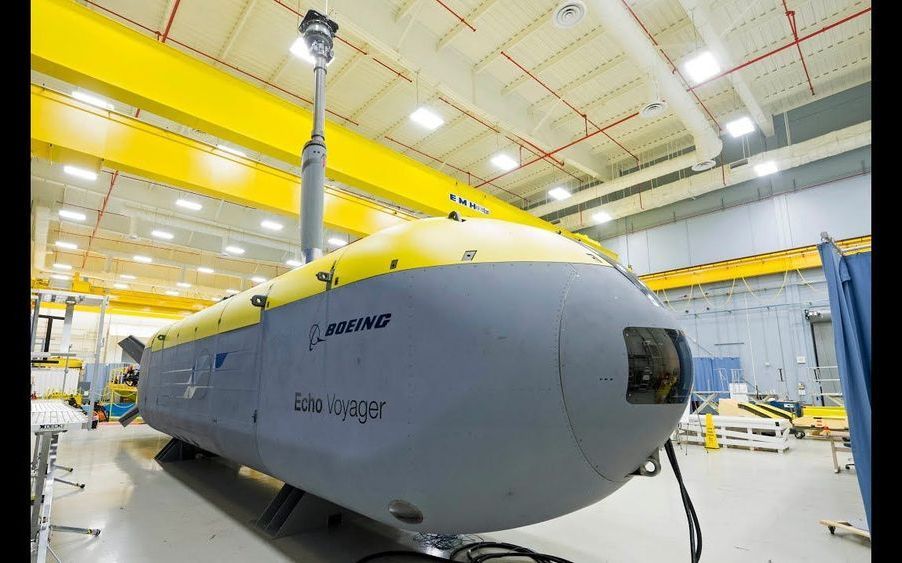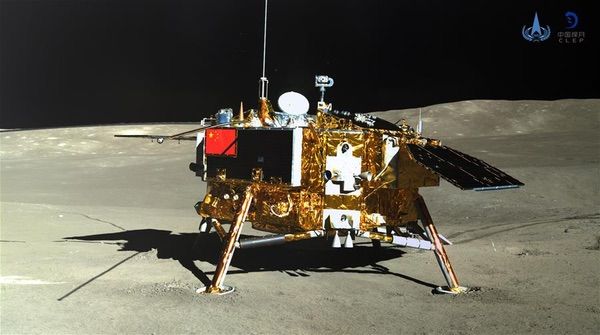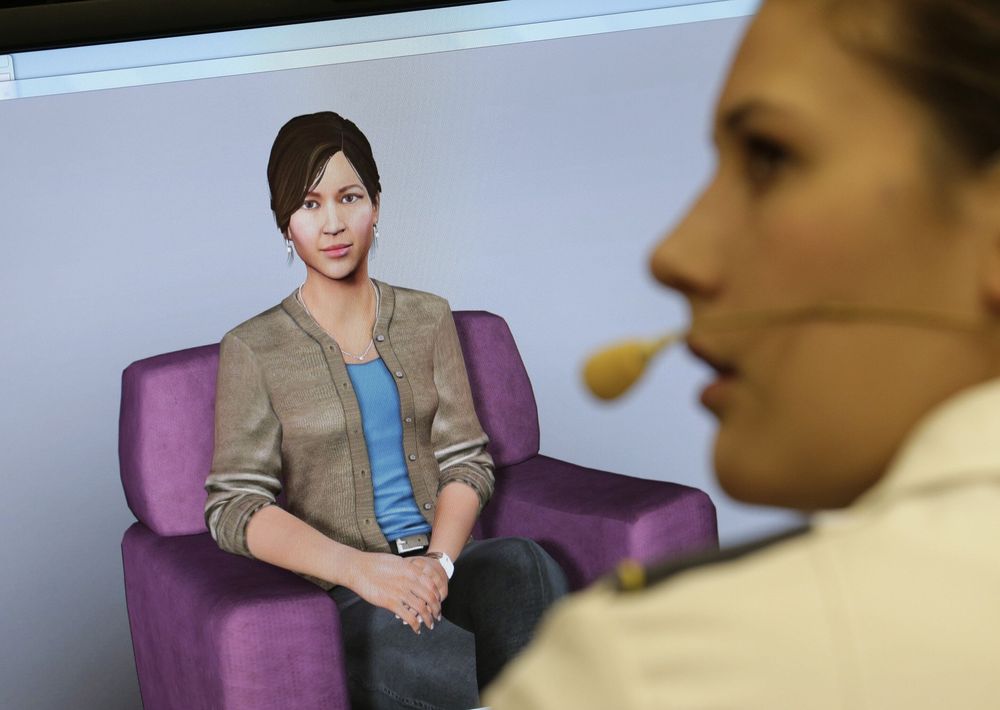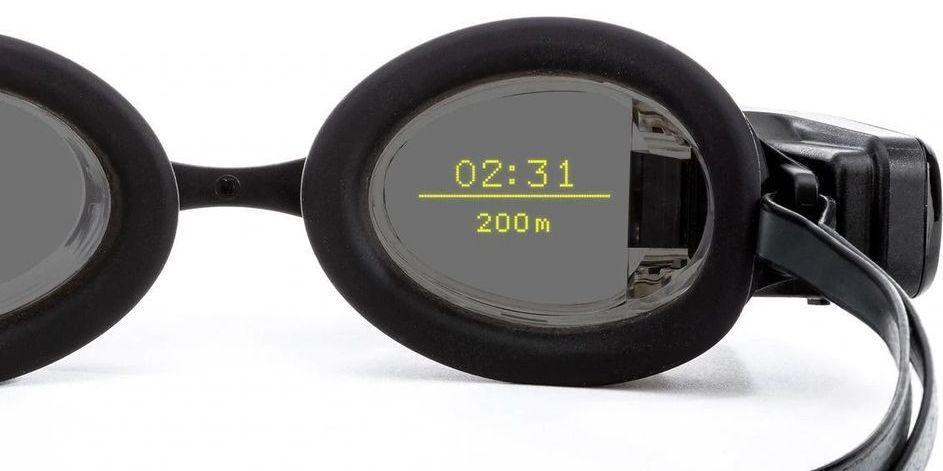Lee Se-dol retires from the game of Go after conceding that computers “cannot be defeated”.



The problem of surviving the end of the observable universe may seem very remote, but there are several reasons it may be important now: a) we may need to define soon the final goals of runaway space colonization and of superintelligent AI, b) the possibility of the solution will prove the plausibility of indefinite life extension, and с) the understanding of risks of the universe’s end will help us to escape dangers like artificial false vacuum decay. A possible solution depends on the type of the universe’s ending that may be expected: very slow heat death or some abrupt end, like a Big Rip or Big Crunch. We have reviewed the literature and identified several possible ways of survival the end of the universe, and also suggest several new ones. There are seven main approaches to escape the end of the universe: use the energy of the catastrophic process for computations, move to a parallel world, prevent the end, survive the end, manipulate time, avoid the problem entirely or find some meta-level solution.

Four MIT graduates have just opened a restaurant where a robotic kitchen prepares the meals.

When competing, it makes sense to compete on/with that worth competing (for). AI or not, it doesn’t matter.
The South Korean Go champion Lee Se-dol has retired from professional play, telling Yonhap news agency that his decision was motivated by the ascendancy of AI.
“With the debut of AI in Go games, I’ve realized that I’m not at the top even if I become the number one through frantic efforts,” Lee told Yonhap. “Even if I become the number one, there is an entity that cannot be defeated.”


The US Navy has awarded Boeing contracts worth a total of $274.4m to produce five Orca Extra Large Unmanned Undersea Vehicles (XLUUVs). Based on Boeing’s Echo Voyager prototype UUV, the 15.5m-long submersible could be used for mine countermeasures, anti-submarine warfare, anti-surface warfare, electronic warfare and strike missions. Berenice Baker finds out more.

“We want a new space race—space races are exciting,” declared SpaceX founder Elon Musk after the successful inaugural flight last year of the Falcon Heavy, the most powerful rocket since the Space Shuttle.
Hawks and headline writers think space races are exciting too, especially the “new space race” between China and the United States. That’s why they keep referring to it—even though it doesn’t exist.
Historic changes are indeed afoot in the space sector. Private crewed spaceflight is about to come of age. Mobile robotic spacecraft are being built to rendezvous with satellites to service them. Vast swarms of broadband satellites are set to make the Internet truly global for the first time, and increase the number of spacecraft in orbit tenfold. Back on Earth, satellite imagery fed through artificial intelligence algorithms promises powerful insights into all manner of human activity. Dozens of countries are active in space and the number is growing all the time. The tired trope of the superpower space race does little to make sense of all this.

The next time you get sick, your care may involve a form of the technology people use to navigate road trips or pick the right vacuum cleaner online.
Artificial intelligence is spreading into health care, often as software or a computer program capable of learning from large amounts of data and making predictions to guide care or help patients.
It already detects an eye disease tied to diabetes and does other behind-the-scenes work like helping doctors interpret MRI scans and other imaging tests for some forms of cancer.

